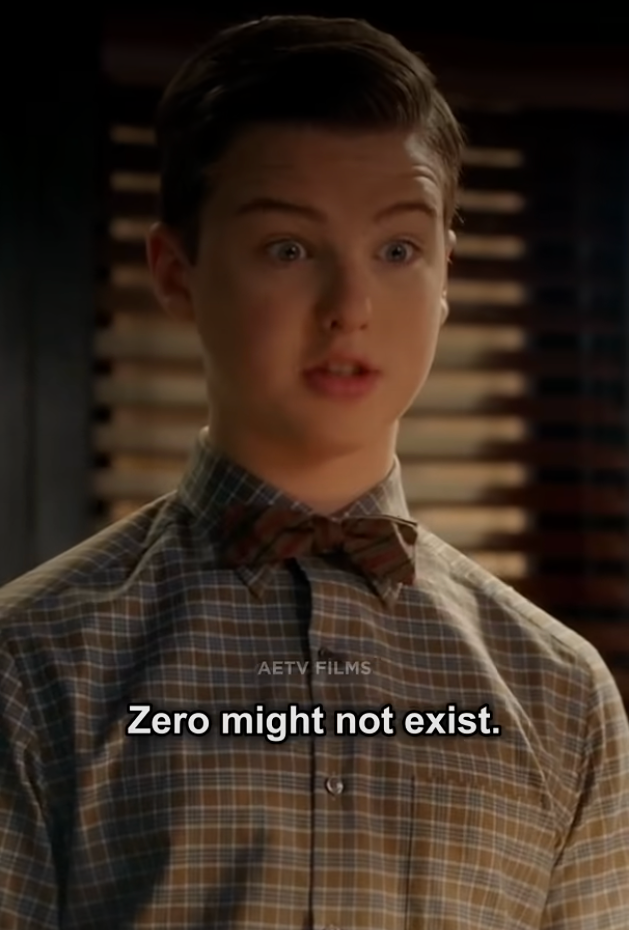Money, politics, religion. These are the three topics you’re warned to avoid at dinner parties if you don’t want to spark conflict. And then there’s astrology. For some, it’s the forbidden conversation that sits somewhere between superstition and science, but for me, it’s a world of personal discovery. The trouble is, how do you talk about your fascination with astrology when you’re known as someone who values logic and reason?
If you asked me four years ago if I believed in astrology, I would have loudly and proudly said, “NO!” How could one-twelfth of the world’s population experience the same “fate”? The journey of discovering astrology is not part of this post, but rather, it’s my crisis in sharing my interest in astrology without alienating those at the table.
At first, I wanted to tell my fellow diners about famous scientists who studied and believed in astrology, but I realized, one, these poor people are not here to speak for themselves, and two, if they were alive today, I highly doubt they would have wanted me to name them as a reason why we should hold space for astrology. The fact is, however, I am not alone in my pursuit of astrology, and a short scroll on Instagram, TikTok, and available apps shows that this is a growing interest. Astrology cultivates a journey of self-discovery, and many people, once having a reading, feel seen—or at least understand their own journey on this Earth a little better.
Astrology seems too imprecise and subjective to take seriously, leading many to see it as nothing more than wishful thinking—and me more reserved in sharing my thoughts in fear of ridicule and shame. How can I reconcile the deeply personal insights I’ve gained with the apparent lack of hard evidence?
I needed facts—logical, rational evidence! Not just to convince others of astrology’s legitimacy, but to challenge the sciences they so dearly believe in. Yes, there you go—feel how it feels to doubt yourself. A bit childish, I know. I never said I’m perfect.
If I can’t convince you that great scientific minds were supporters of astrology, I’ll need to take on the scientific theories that you probably do believe in. But here’s where it gets interesting: When I started digging deeper, I realized that some of the sciences we take for granted today also have areas that are just as uncertain and unprovable as astrology. You see, I could have shared with you the things I discovered about the sciences you deeply believe in without questioning their existence and legitimacy, including:
- Economics: Economics is treated as a science and influences major public policies, business decisions, and even daily financial advice. The uncertainty and unpredictability in human behavior make it more of a social science than a “hard” science. This often leads to policies and financial strategies being built on uncertain foundations.
- Artificial Intelligence (AI) and Machine Learning: AI and machine learning are increasingly integrated into our daily lives, from recommendation algorithms on social media to facial recognition and autonomous vehicles. These technologies are seen as cutting-edge and backed by complex mathematics and large data sets. While AI systems can perform highly specific tasks very well, the inner workings of complex AI models (like deep learning) are often not fully understood—even by their creators. This is known as the “black box problem,” where AI models can produce accurate results without revealing how they reached those conclusions.
- String Theory in Physics: Despite its elegance, string theory remains entirely theoretical, with no experimental evidence to support it. Many physicists consider it a beautiful and mathematically consistent theory, but it lacks testable predictions that could confirm its validity. In the absence of empirical evidence, it has been critiqued for being more philosophical or speculative than scientific.

Once I started scratching the surface, I found more and more examples, like the Big Bang Theory and the concept of the number zero. It turns out many accepted scientific ideas have symbolic or conceptual importance even if they can’t always be definitively proven. The problem, I think, is that most people who are skeptical of astrology (and please, be skeptical) aren’t skeptical of these other sciences or theories. Is it because they believe they truly understand how astrology works and therefore can dismiss it? Yet I wonder: Do they REALLY understand string theory, AI, or economics?
Would it help if I first started a conversation about string theory and how there are these tiny little strings vibrating all around us? Would that be more believable to them? And my next question: not everyone will be interested in understanding string theory, just as not everyone is interested in talking about politics or economics. But astrology—everyone knows their Sun sign. I guess it’s just more relatable. And at the end of the day, most people love talking about themselves.
Perhaps after studying string theory, I should persist in talking about astrology. Ultimately, in the same way that zero, though abstract, is crucial to mathematics, or that string theory and the Big Bang theory help us understand the universe even without definitive proof, astrology might offer valuable insight into our own lives. We don’t need to insist on absolute proof for everything we value—sometimes meaning and personal insight are enough. Just as the unprovable has a place in science, perhaps astrology, too, offers something important. Something that science cannot yet explain, but still resonates deeply with our human experience.
